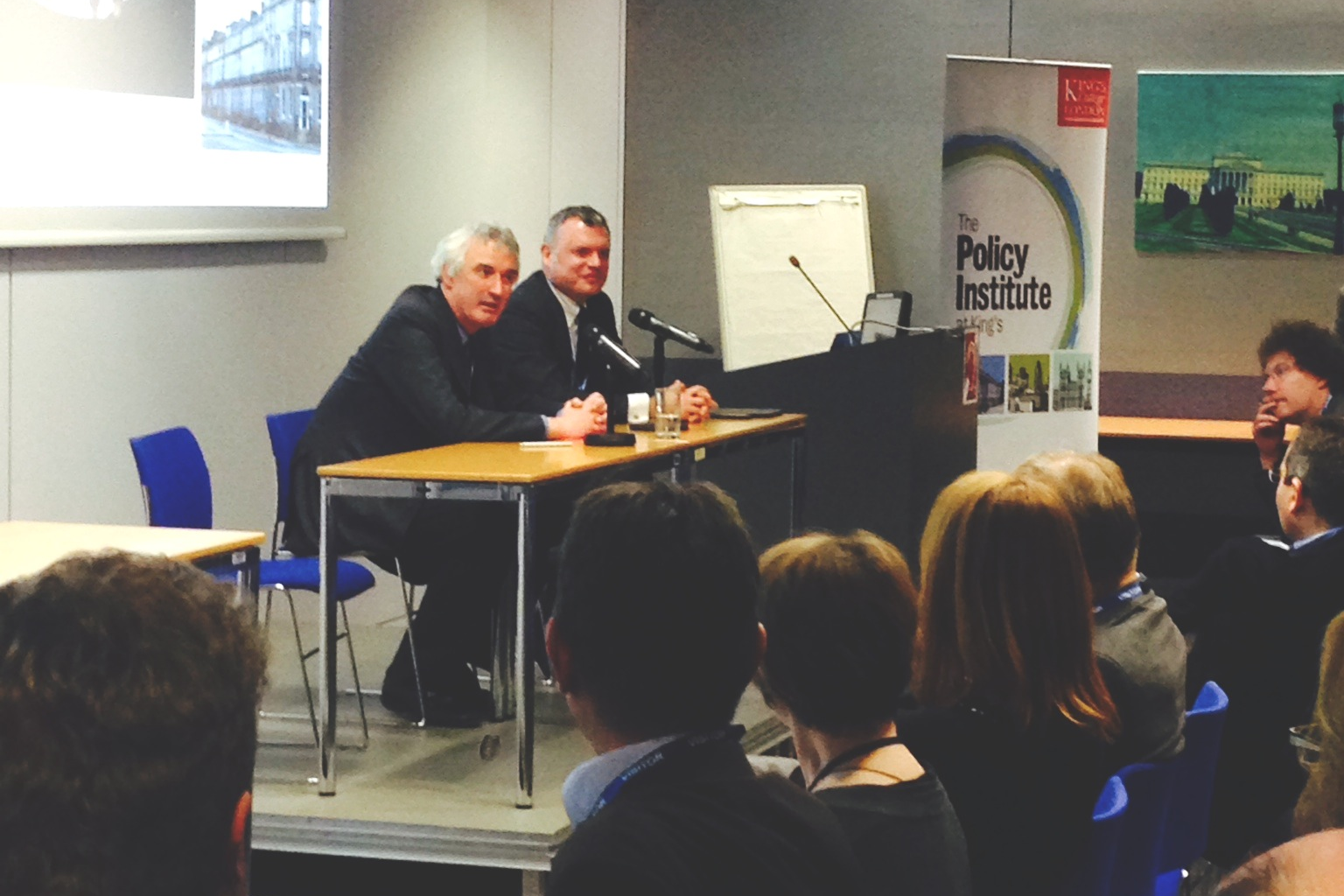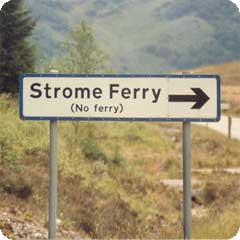Why the Treasury backed the ‘No’ vote in the Scottish referendum: its top mandarin speaks
Treasury permanent secretary Sir Nicholas Macpherson at the Strand Group last night


Your support helps us to tell the story
From reproductive rights to climate change to Big Tech, The Independent is on the ground when the story is developing. Whether it's investigating the financials of Elon Musk's pro-Trump PAC or producing our latest documentary, 'The A Word', which shines a light on the American women fighting for reproductive rights, we know how important it is to parse out the facts from the messaging.
At such a critical moment in US history, we need reporters on the ground. Your donation allows us to keep sending journalists to speak to both sides of the story.
The Independent is trusted by Americans across the entire political spectrum. And unlike many other quality news outlets, we choose not to lock Americans out of our reporting and analysis with paywalls. We believe quality journalism should be available to everyone, paid for by those who can afford it.
Your support makes all the difference.The most senior civil servant at the Treasury last night defended his decision publicly to oppose independence for Scotland. He said that in such an “extreme” case as last year’s referendum, in which “people are seeking to destroy the fabric of the state” and to “impugn its territorial integrity”, the normal rules of civil service impartiality did not apply.
Speaking at the inaugural meeting of the Strand Group last night, in a lecture at the Treasury entitled “The Treasury and the Union” (Storify here), Sir Nicholas Macpherson explained that “the strong recurring conclusion” of his teams’ studies was that independence would be against the interests of the Scottish people.
An independent Scotland could be successful, he said, but there would be a price to be paid and he had a “duty” to point that out.
He cited the example of Irish independence, when the Irish free state had cut state pensions by 10 per cent in 1924. If such a proposition had been on the ballot paper in Scotland, he said, it “would have produced a different result”.
The lecture launched the Strand Group, the public policy and contemporary history group of the Policy Institute at King’s College, London, where Sir Nicholas is a visiting professor. My colleague Jon Davis, director of the Strand Group (above, right), was in the chair.
The lecture began with a short history of the Union and the Treasury’s role in it. The department was involved from the start, because the Act of Union in 1707 was essentially a financial bail-out of the Scottish elite. Scotland had tried to get into the business of colonisation after the success of English colonies in America, but the Darien scheme to settle in Panama was a disastrous failure.
England paid Scotland a large sum to compensate it for assuming its share of England’s national debt (which had existed only since the founding of the Bank of England in 1694 – Scotland had no central bank and no debt at the time), but which was used in effect to rescue the Scottish ruling class from its losses in Darien.
Sir Nicholas traced the origin of the Treasury’s means of dividing public spending between the constituent parts of the United Kingdom, at one point saying, “I’m now going to try to explain the Barnett formula.”

The quick overview of the Treasury’s involvement in Scotland included the nationalisation of MacBrayne ferries in 1948, which he mentioned only as an excuse for using his favourite Scottish road sign as a slide.
And he brought the story up to the present day with the explanation of why the Treasury should have ended up as the lead department on the Government’s response to the referendum campaign. This was partly because it had the capacity to analyse the implications of independence; partly because so much of the debate was economic; and partly because George Osborne, the Chancellor, and Danny Alexander, the Chief Secretary, wanted it to.
He set out the four headings of the Treasury assessment: trade, financial services (responsible for 8 per cent of employment in Scotland), fiscal policy (including the effects of oil) and the currency question.
On oil, he noted that the current oil price of around $50 a barrel would have meant that in the first year of independence, 2016-17, Scotland’s deficit would have been 6½ per cent of GDP, whereas the deficit run by the rest of the UK would have been 2 per cent of GDP.
But it was the currency question that became most important, and on which the Treasury’s view “hardened”. This was partly because the euro crisis provided a telling lesson in the problems of an “ill-thought-out currency union”.
At the time, Alex Salmond, the Scottish National Party leader, argued that the UK Government was bluffing when it said that it would not countenance a currency union with an independent Scotland. “Having spoken to the Chancellor, the Chief Secretay and the Shadow Chancellor (Ed Balls), I am absolutely certain that the UK would not have entered into a currency union,” Sir Nicholas said.
In answer to questions, he said he did not believe that the further devolution proposed by the Smith commission “makes independence inevitable – I really don’t”. He pointed to the example of Quebec, where further devolution has accompanied a decline in support for independence.
I asked him which currency option Salmond should have chosen in order to give the “Yes” campaign more credibility on the question. He tactfully said the Treasury didn’t think that was its problem, although he quoted his uncle who voted “Yes” because he thought that would lead to Scotland having its own currency, and it was “only by having a floating currency that Scotland would face up to economic reality”.
He had a nice line about the Government’s policy of not allowing the civil service to do contingency planning for Scottish independence, saying that he had done some “contingency planning for contingency planning”, and that it was the job of the civil service to “be prepared”. And he also had a moment of humility when he admitted – in relation to the cross-party agreement among UK parties in favour of the Union – that “a high degree of consensus often means we’ve all got it wrong”.
Steve Richards asked if the Treasury might take a similar public position if there were a referendum on EU membership in 2017. Sir Nicholas said he thought there was a “big difference” between “EU membership which is only 40 years old and a nation-state breaking up”.
Sir Nicholas is unusual for a mandarin in his willingness to explain and defend his thinking in public, although he always stresses that the Treasury exists to carry out the policy of the elected Government. This was the third of his public lectures: last January he spoke to the Mile End Group, the Strand Group’s predecessor, about the history of his department and the development of “the Treasury view”, and in 2013 he spoke on the origins of Treasury control.
We look forward to many of his colleagues following his excellent example in the months and years to come.
Join our commenting forum
Join thought-provoking conversations, follow other Independent readers and see their replies
Comments